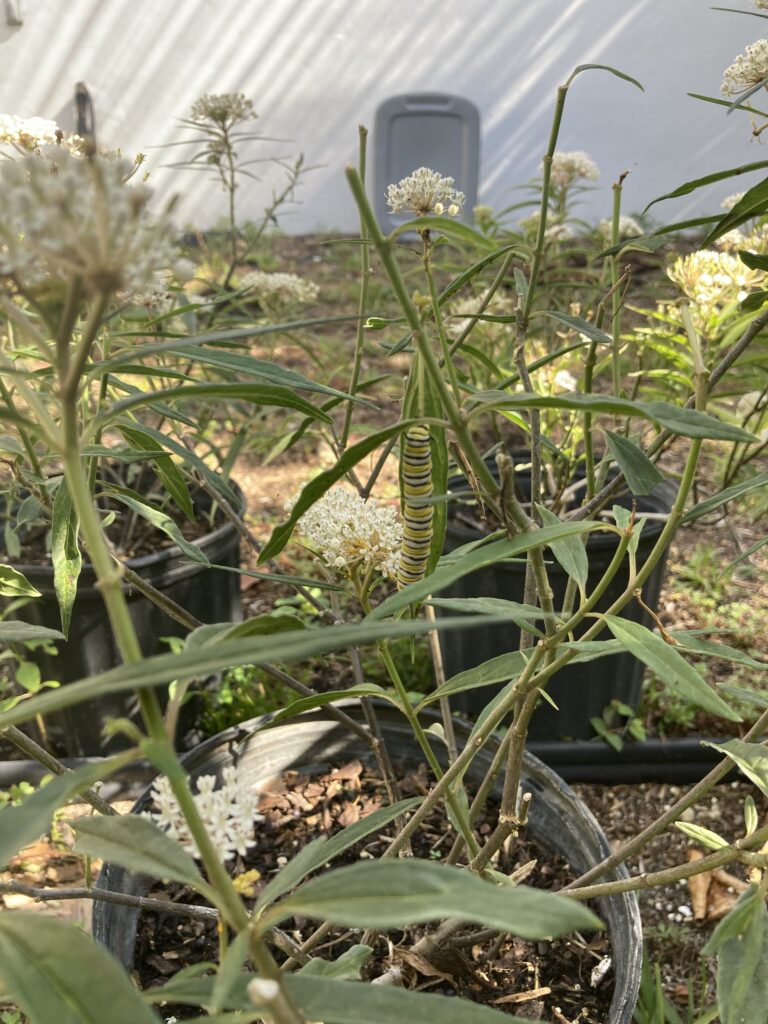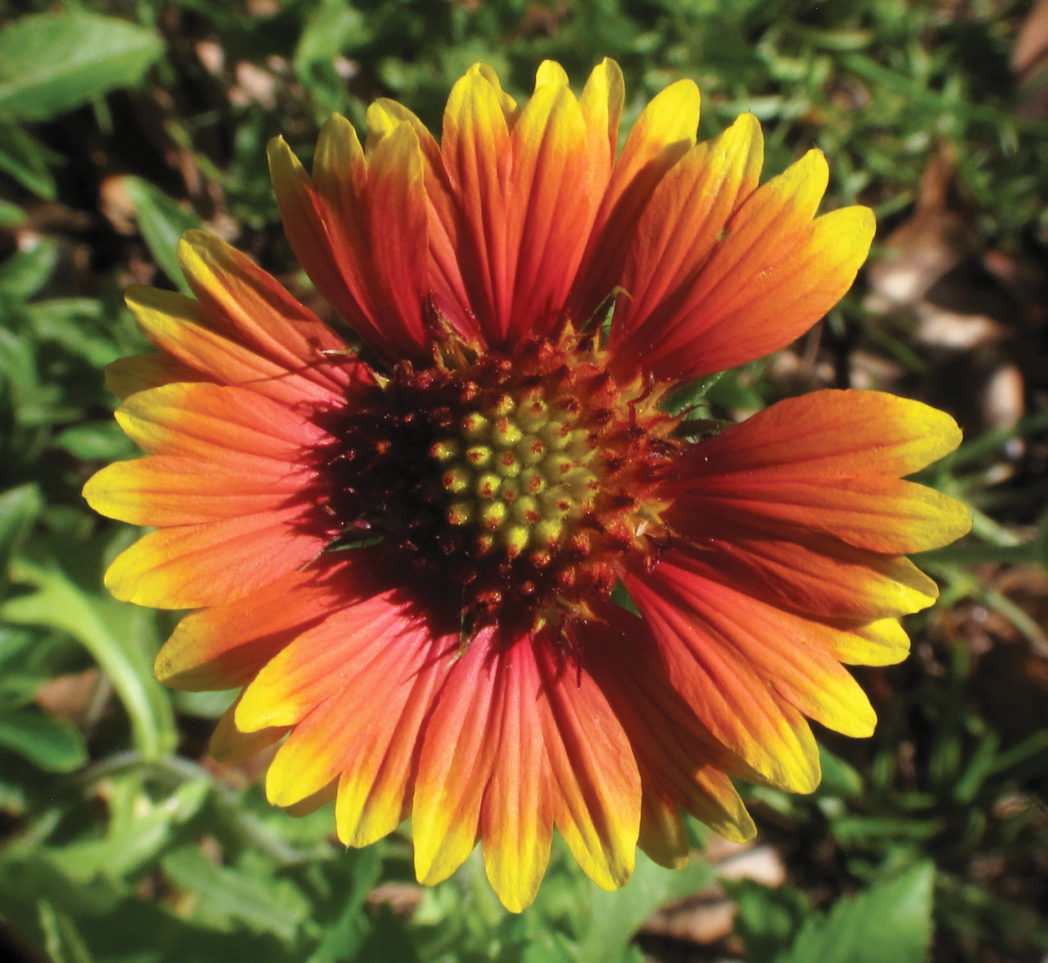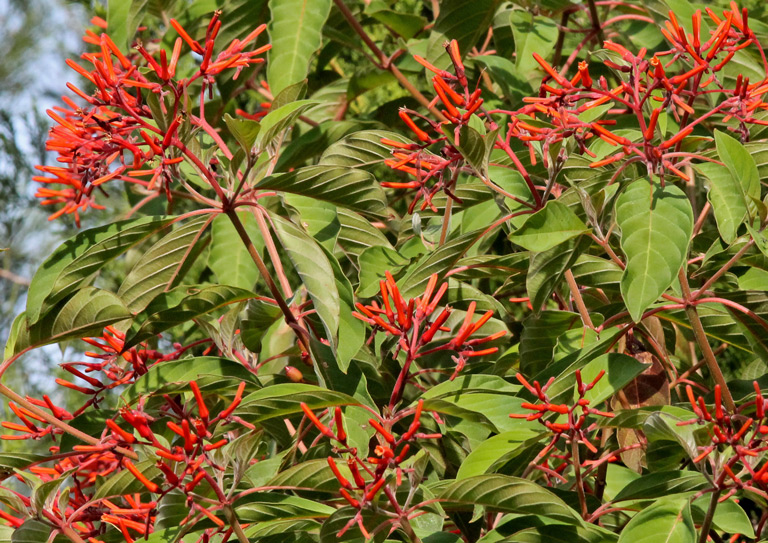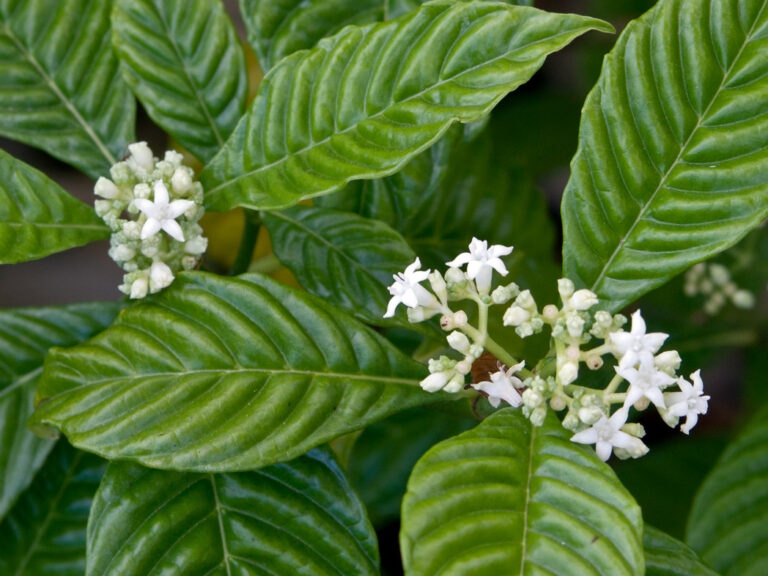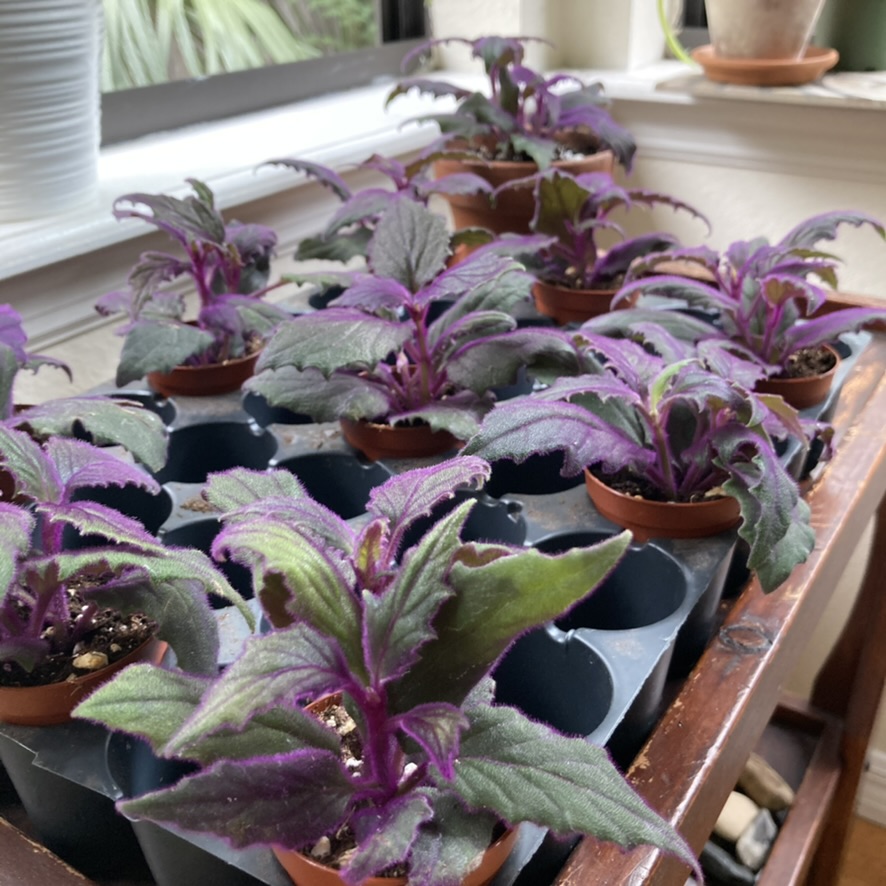
Adopting a Room Plant: Growing a Sense of Place in Residential Treatment
A therapeutic medium of people and plants

Adopting a Room Plant: Growing a Sense of Place in Residential Treatment
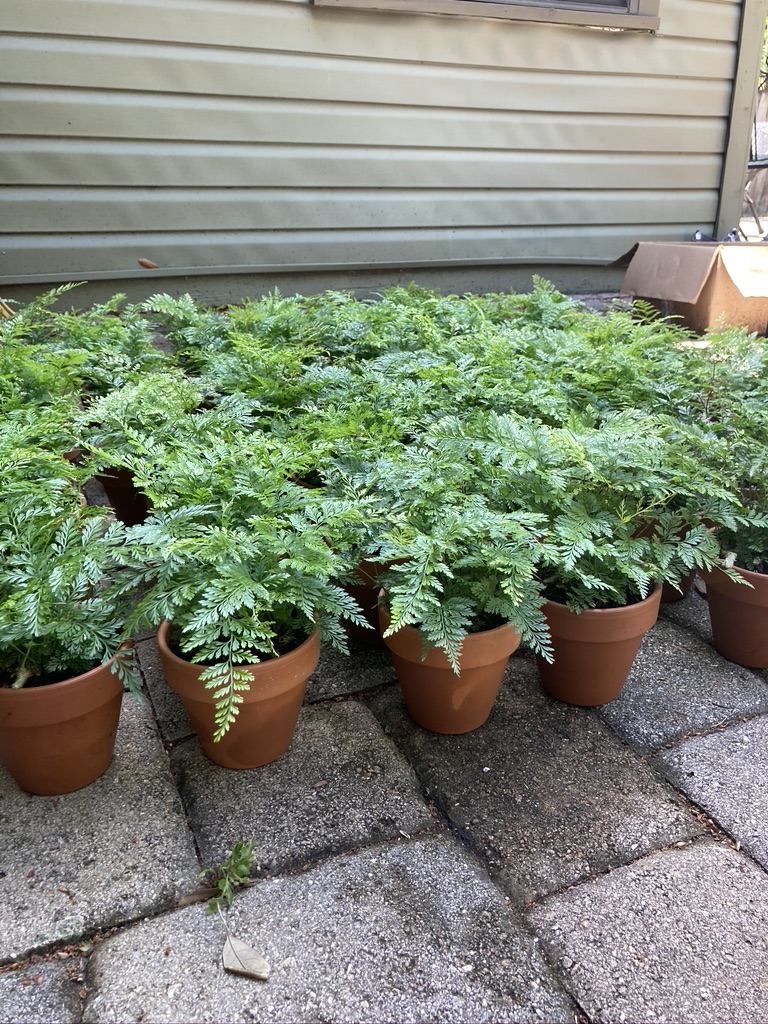
Plants and Sense of Place: Applications For Therapeutic Horticulture
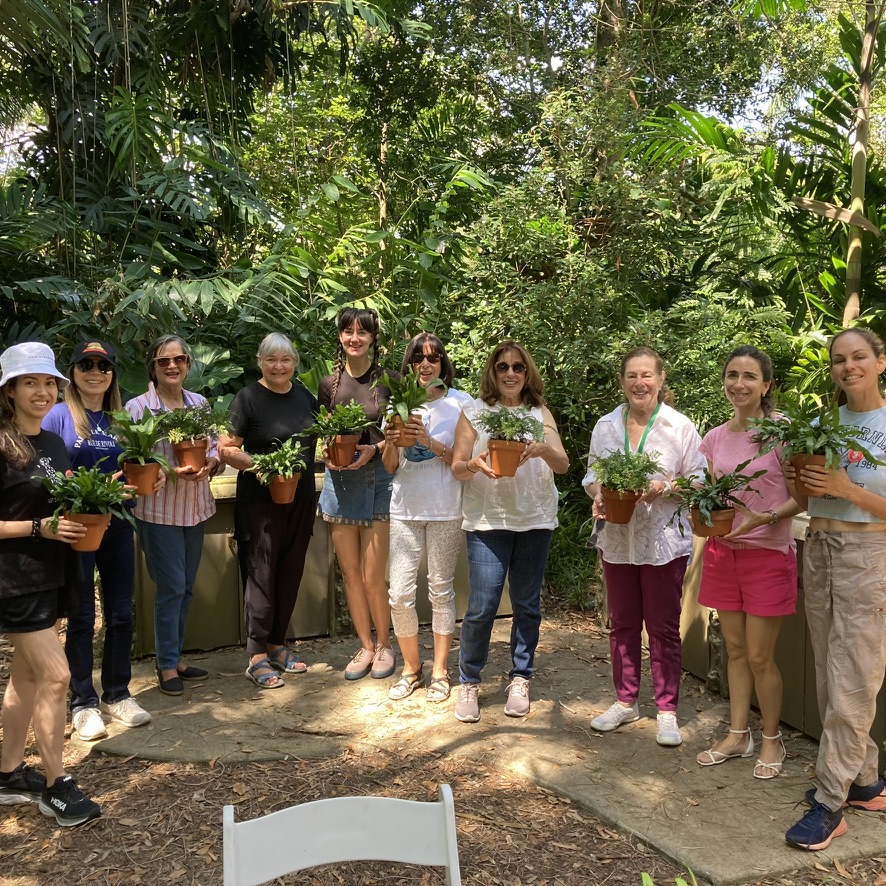
Joanna’s work featured in Florida Horticulture For Health Network‘s Summer issue of Cultivate!
Joanna has the opportunity to co-author an article from The Journal Of Therapeutic Horticulture. PDF below.
Horticultural Therapy Health Interventions with Female Survivors of Human Trafficking: Program Models
American Horticultural Therapy Association Issue 33.1 2023
SPF was the perfect place to share and inform the general public of therapeutic horticulture and its benefits through Plant & Zine Combo packs! Complete with a mini seaweed fertilizer and pocket care guide.
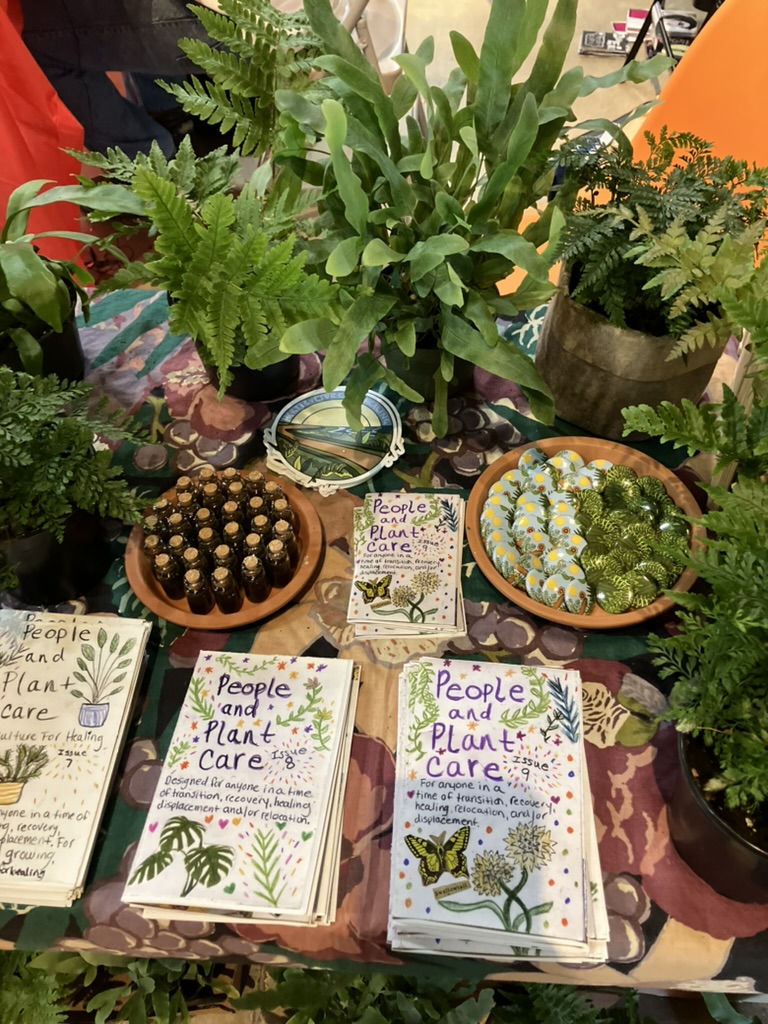
SPF Small Press Fair is an event for local and regional artists, printers, booksellers, publishers, authors, poets, bookmakers, designers, zinesters and cultural workers to share ideas and showcase new work related to print making, book making and zine creation.
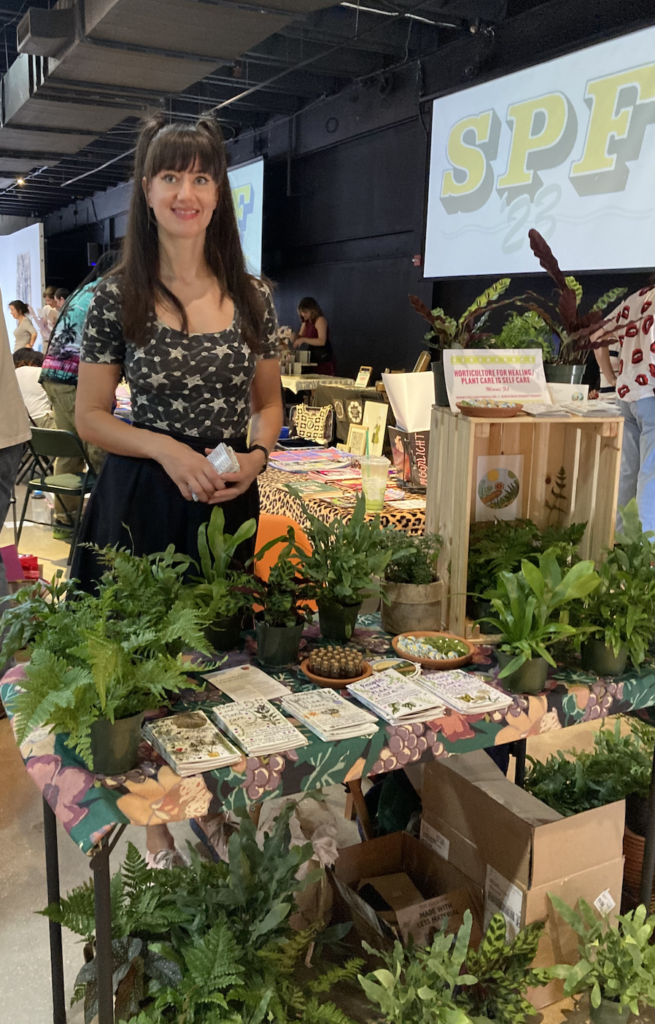
Register here to receive E ticket!
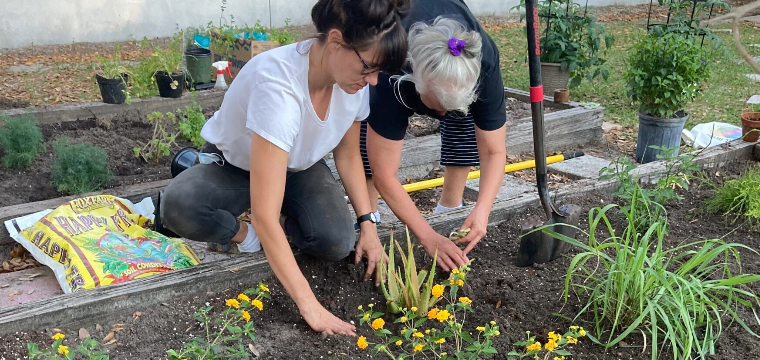
Become inspired to create your sacred space! Plant Care is Self Care offers you the opportunity to immerse yourself in therapeutic horticulture. This will be a safe space to gain insight into how regular practice with horticulture can bring joy and balance to life. Participate in a plant repotting exercise and adopt a beautiful new plant and pot to take home.
This session will present you with the opportunity to receive wellness benefits such as:
Practicing being in the present moment
Reducing stress
Improving physical health
Boosting mood
Promoting social connections
Soil, pots, plants, stress relief, and smiles all included in the session!
Instructor Bio: Joanna Brown holds a certificate in horticultural therapy from the Horticultural Therapy Institute in Denver Colorado and an interdisciplinary BA in humanities, social sciences, and environmental studies from the University of Central Florida.
She is the owner of Restorative Horticultural Therapy contracting and consulting and the founder of Horticulture For Healing, a non-profit which advocates for horticultural therapy and therapeutic horticulture in less privileged communities. Joanna has partnered with non-profit residential centers for behavioral health and addiction, an anti-human trafficking organization, and the University of California, Irvine.
Currently, she is designing her second therapeutic horticulture program for Pace for Girls located in Immokalee FL. She lives in Miami, Florida and self publishes a quarterly zine titled: People & Plant Care: A zine for anyone in recovery, healing, displacement, and transition.
Learn more about Joanna and her work here:
○ https://restorativehorticulturaltherapy.com/
○ https://horticultureforhealing.org/
○ https://www.instagram.com/restorativehorttherapy/
○ https://www.instagram.com/horticultureforhealing
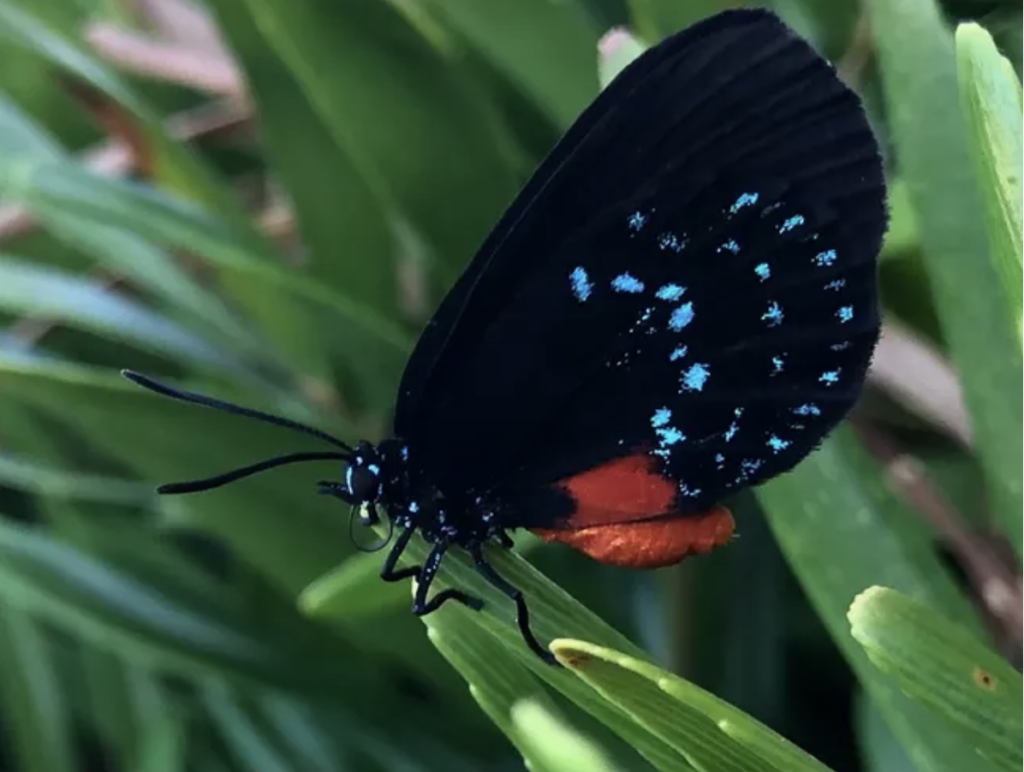
The incredible practice of horticultural therapy combines my love for South Florida’s unique flora with the power of healing, so if you’re ready to explore some of my favorite native plants, read on!
South Florida’s Native Plants to Consider for therapeutic garden spaces and sessions:
